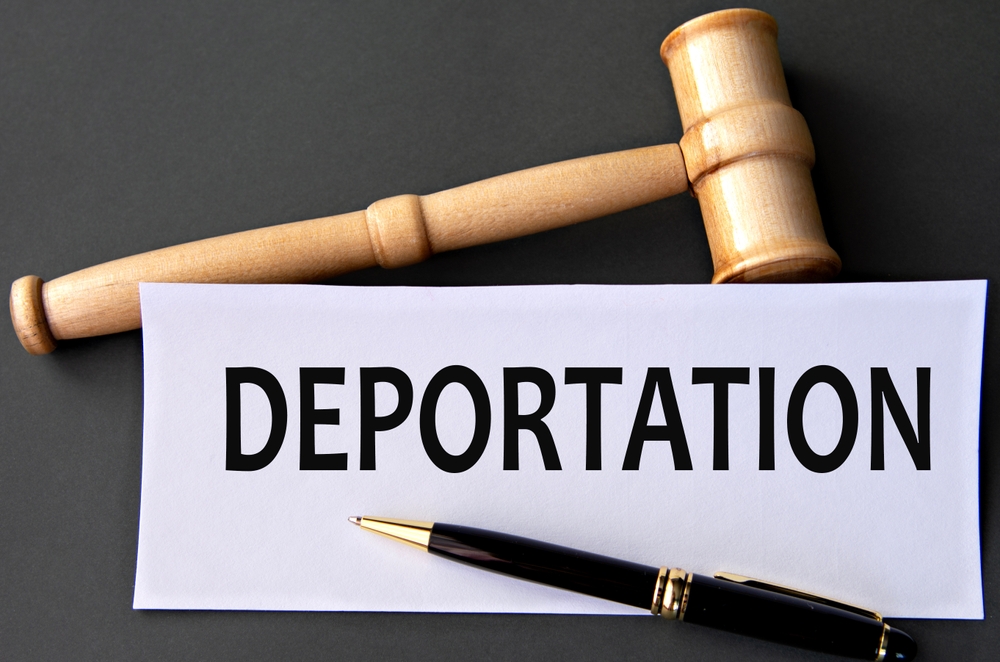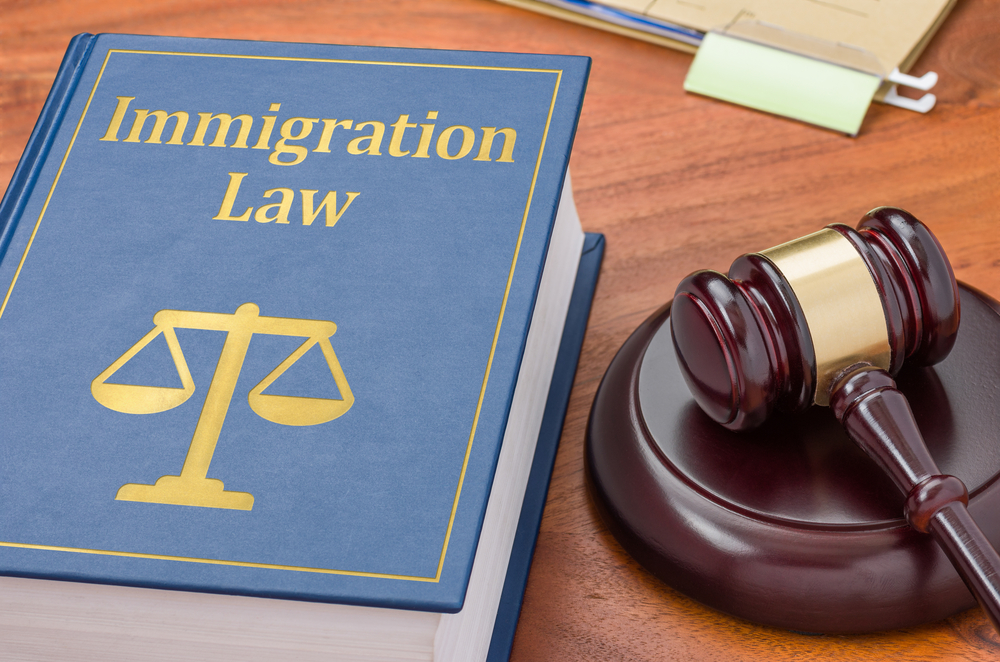Facing the possibility of deportation in Canada is a deeply stressful experience for those trying to determine what to do next. Fighting a removal order requires a thorough understanding of the many legal complexities involved in the deportation process, as well as support that you can trust when it matters most.
At Vayeghan Litigation, we understand the fear that comes with facing deportation and are proud to stand by your side to fight for the opportunity to remain within Canada. Our team of experienced immigration lawyers are here to help you navigate removal orders with confidence and compassion.
Below, we explore the key aspects of deportation in Canada and what you need to know to protect your rights. Read on to learn more.
What is Deportation?
Deportation refers to the forced/compulsory removal of a non-citizen from Canada per the authority of the Immigration and Refugee Protection Act (IRPA).
The Canada Border Services Agency (CBSA) oversees deportations and ensures compliance with removal orders, which often result from immigration law violations such as:
- Overstaying visas or other immigration permits
- Violating the terms of a temporary or permanent resident status
- Criminal activity, security concerns, or misrepresentations on your immigration application.
Regardless of what leads to you receiving a deportation order, it is essential that you take it seriously and move quickly. Deportation has significant, long-lasting consequences and can often lead to a ban from re-entering Canada for a prolonged period and even permanent removal.
Types of Removal Orders
Despite “deportation” often being used as a universal term, there are three categories of removal orders in Canada, each with its own legal ramifications.
-
Departure Orders require the individual to leave the country voluntarily within a specified period. Failure to leave will escalate the order to a deportation order.
-
Exclusion Orders prohibit someone from returning to Canada for a specified period (often one year) unless authorized by the government.
- Deportation Orders are the most severe form of removal and ban someone from returning to Canada unless they obtain specific Authorization to Return to Canada.
If you are facing compulsory removal or exclusion from Canada, it is crucial to understand what type of removal order has been levied against you. Doing so will help inform your legal strategy.
Grounds for Deportation
There are many reasons someone may face a removal order, with the most common reasons being:
Criminal Inadmissibility: Convictions for serious offences may render you as inadmissible under Canadian immigration law.
Misrepresentation: Providing false information in immigration applications, whether intentional or not, is a serious offence that can lead to removal and being banned from returning to Canada.
Health or Security Risks: Those deemed to pose a risk to the public or who are associated with known problematic actors or considered a threat to national security may face deportation.
Failure to Meet Residency Obligations: Permanent residents (PRs) must abide by the rules stating that they must spend at least 730 days in Canada within a five-year period to maintain their status. Failure to do so may result in removal.
The impact of deportation extends beyond removal from Canada. For those who have rebuilt a life abroad, deportation often means an abrupt separation from their family and significant financial hardship. Being barred from re-entry can make it difficult to return, leaving you disconnected from the life you fought to create in Canada.
It can disrupt careers, separate families, and create financial hardships. Additionally, deportation orders often carry re-entry bans, making it difficult for individuals to return to Canada even if circumstances change.
Legal Options to Challenge Deportation
If you are facing a removal order, it’s important to remember that not all hope is lost, and deportation is not always inevitable. There are legal pathways to fight against deportation with the help of an immigration lawyer, including
-
Appeals to the Immigration Appeal Division (IAD) - Judicial Review
- Pre-Removal Risk Assessment (PRRA)
- Humanitarian and Compassionate (H&C) Applications
It is important to be aware that each option comes with strict timelines, making it crucial to retain legal support and move as quickly as possible to protect your rights.
How Vayeghan Litigation Can Help
Let Us Fight For you
Fighting a removal or deportation order can be stressful and isolating, but the good news is you don’t have to fight alone. Vayeghan Litigation’s team of immigration lawyers are here to work with you and provide personal advocacy, support, and legal guidance that you can trust to defend your rights and create a compelling case against deportation. As one of Vancouver’s most trusted teams, we are dedicated to providing the robust legal representation you need to protect your future. Whether it’s fighting a deportation order in court, challenging the basis of a criminal conviction, or presenting compelling humanitarian arguments, Vayeghan Litigation stands by your side every step of the way.
CONTACT US NOW at 778-653-3995 or email us at law@mvlitigation.com to receive an initial consultation today. For immigration law matters, our fee is $250 plus tax, which includes up to one hour for the initial consultation.
Have more questions? View our FAQs here.



